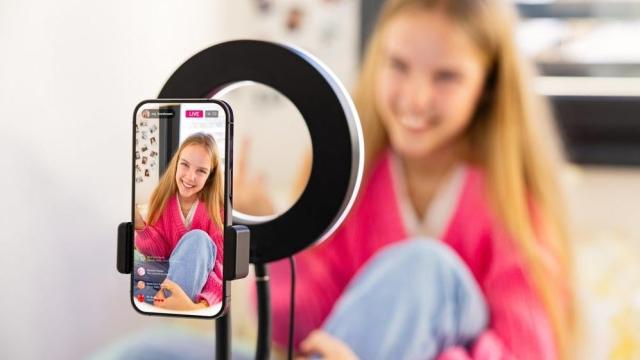YouTube announced a new effort to curb its own recommendation algorithms to protect teenagers from the rabbit hole of videos that could inspire eating disorders, body image problems, violence, and other problems. The new initiative comes amidst a growing threat of legislation to address kids’ safety on the internet and may be an effort to stave off new regulations.
“Teens are more likely than adults to form negative beliefs about themselves when seeing repeated messages about ideal standards in content they consume online,” said James Beser, YouTube’s Director of Product Management for Kids and Youth, in a Thursday blog post. “These insights led us to develop additional safeguards for content recommendations for teens, while still allowing them to explore the topics they love.”
The company says it identified categories of content that are “innocuous” when only one video is watched but could be problematic for some teens if viewed in repetition. According to YouTube, these categories include videos that compare physical features, idealize certain body characteristics including fitness and weight, or display “social aggression” such as verbal fights, bullying, or intimidation.
“We’re now limiting repeated recommendations of videos related to those topics for teens in the United States, with more countries to be added over the next year,” Beser said.
In the halls of Congress and state legislatures, politicians have been mostly incapable of passing bills to curb the tech industry in any meaningful way over the past ten years. The one area where there’s been traction is policies related to children.
Over the past few months, a coalition of senators has geared up to pass a controversial and potentially catastrophic bill called the Kids Online Safety Act (KOSA). While the bill sounds like a bipartisan political winner, experts say it could do more harm than good. It allows local and federal regulators and politicians to censor the internet with few safeguards for free expression, which many fear would lead to oppressive efforts to block LGBTQ content (and other ideas you’d think might be protected by the First Amendment). Meanwhile, KOSA is terrifying the tech industry because it would create enormous financial penalties that would be complex and expensive to avoid.
Simultaneously, states are passing bills like the California Age-Appropriate Design Code Act, which creates regulatory hurdles for tech companies that count children among their users (i.e. almost every social media platform).
